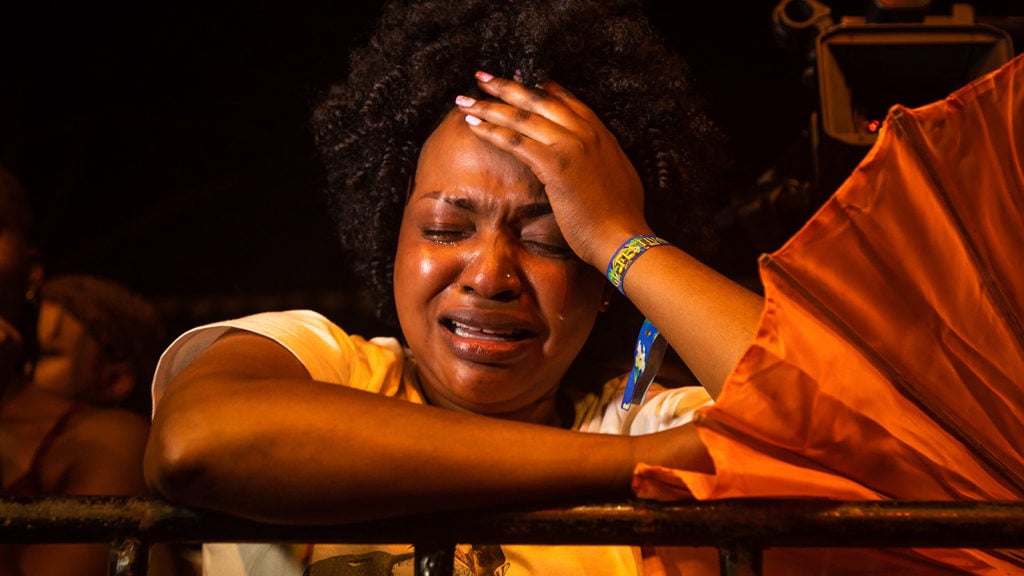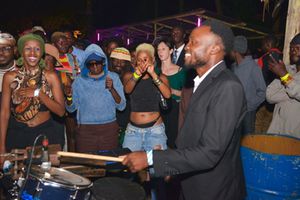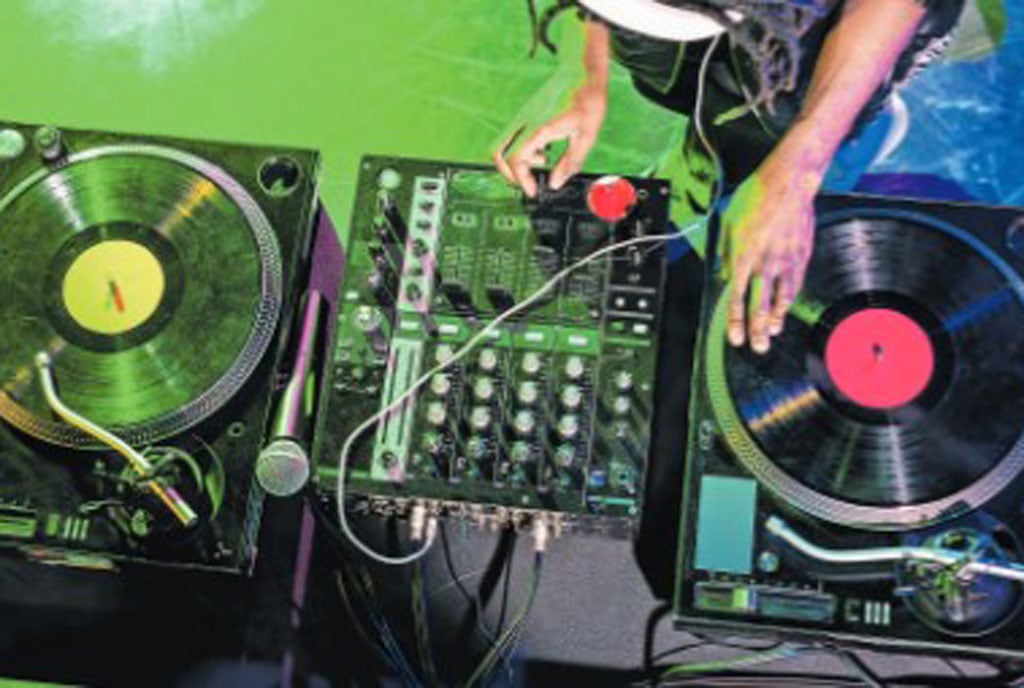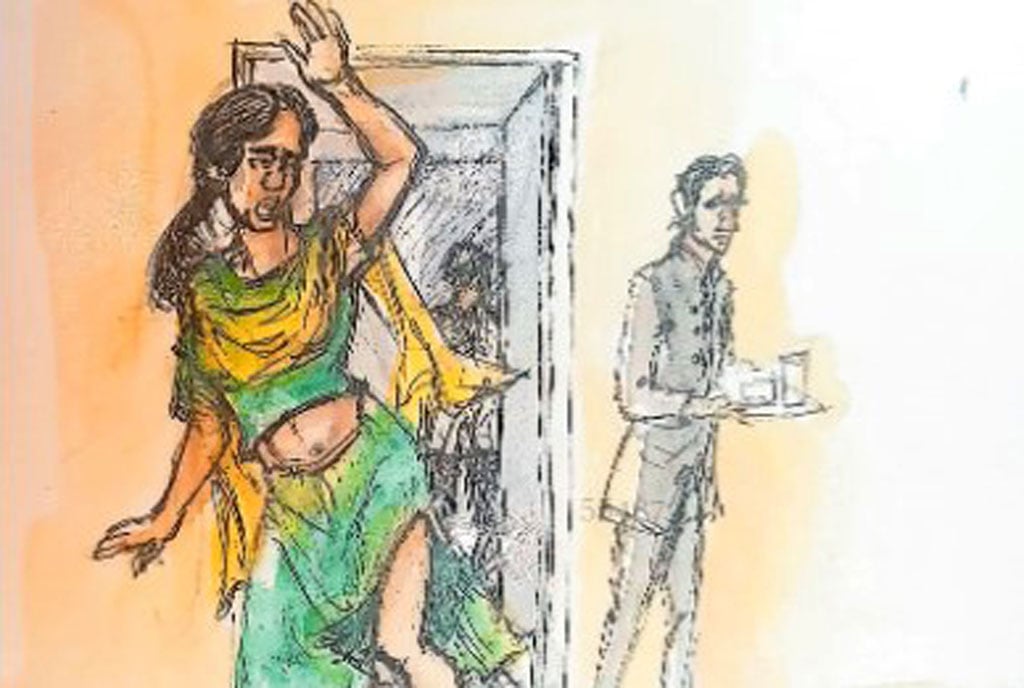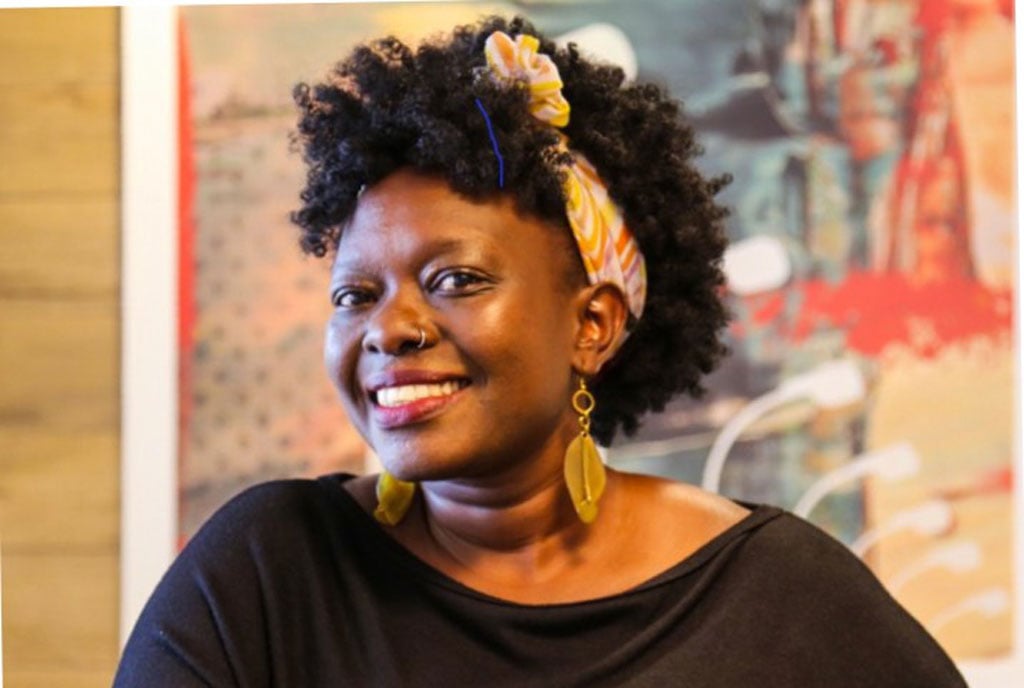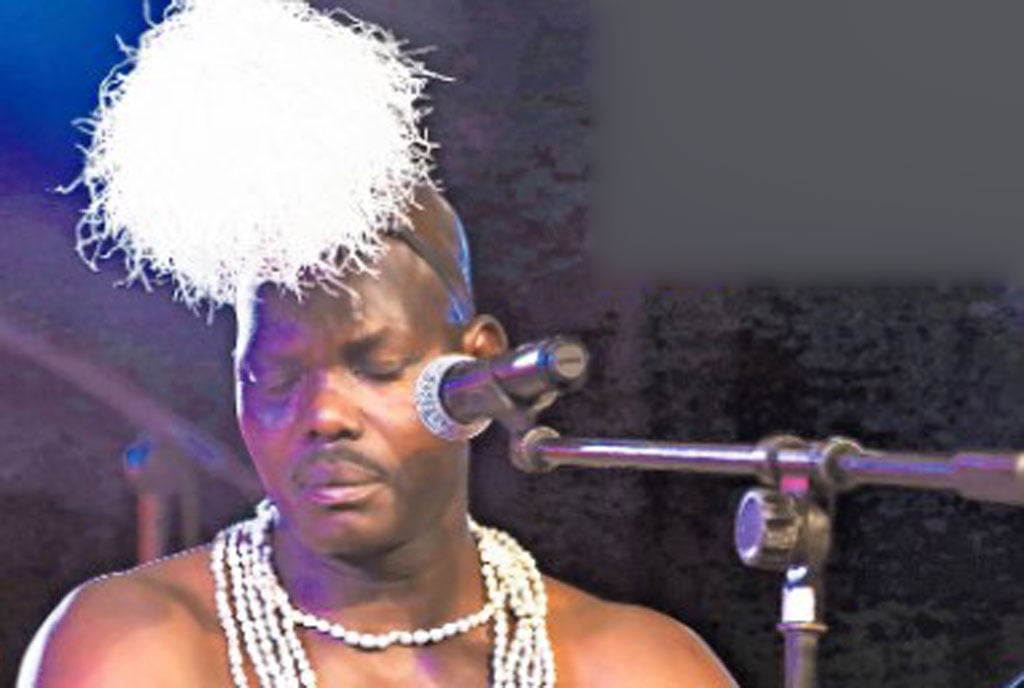
As you read this, the annual Nyege Nyege International Music Festival has been going on at the Jinja Golf Course, for at least two days. Without the Covid-19 break in 2020 and 2021, the festival would be hosting the tenth edition this year.
From DJs to singers and instrumentalists, the Nyege Nyege platform is one that has introduced Ugandans to different music genres and artists. While at it, the festival has stirred a lot of controversy that these days, a week before the festival, there is an activist, pastor, or politician that tries to have the festival banned.
However, beyond the pictures and videos that trend every time the festival is taking place, there is more to Nyege Nyege than meets the eye. For instance, the festival is a result of parties Derek Debru, one of the festival founders, used to organise in unconventional places in the 2010s.
These parties later gave birth to Nyege Nyege Festival’s core creative support, Nyege Nyege Tapes, Nyege Nyege Collectives, and Hakuna Kulala.
"The festival and the label are connected. When we started, there was no platform for our artists besides parties. We thought to ourselves, what if we create an event for these guys?” he recounts.
Today, Nyege Nyege is more than a festival, but two record labels, Hakuna Kulala and Nyege Nyege Tapes, and a collective, Nyege Nyege. Altogether, they work with more than 100 artists, both local and international—these artists are a big part of the main festival in Jinja and the different Nyege Nyege experiences hosted throughout the year across the globe.
Whenever Nyege Nyege is creating a lineup for the festival, they are keen on the representation of artists on their record labels, especially on the main stage, the Darkstar, traditional, reggae, and Hakuna Kulala.
However, since they started working with local sponsors, he says they have had to balance, especially on the mainstage. The sponsors, for instance, Uganda Waragi, among others, also curate independent stages, where they play music that better represents them.
Nyege Nyege Tapes and Hakuna Kulala include Kampire, Otim Alpha, R3ign Drops, MC Yallah, Catu Diosis, and Ekuka Morris.
Nyege Nyege Tapes and Hakuna Kulala artistes such as Kampire, Otim Alpha, R3ign Drops, MC Yallah, Catu Diosis, and Ekuka Morris, among others, are some of the most touring Ugandan artistes on the global scene.
So what has Nyege Nyege Collectives and the record label done so well that mainstream artistes have still failed to perfect to play at some of the biggest events?
“When you are a commercial artiste, you are in a competition, where almost everyone sounds the same. It takes a lot of resources and marketing to play at a big platform.
We do not have such resource; what we offer artistes who are unique. We have artistes people look for because they are doing something no one on the market is doing,” he says.
Otim Alpha is one of such unique artistes. Thought by many to be the pioneer of Acholitronix, he has performed at festivals and carnivals across the globe. According to Unsound director Mat Schulz, Otim is a name ‘every European festival should book.
In the 2000s, Otim joined forces with producer Leo Palayeng and started reimagining Larakaraka wedding music using computer software Fruity Loops, resulting in fast-paced, highly syncopated polyrhythmic fusions of hypnotic Acholi instrumentation and crunchy electronic percussion.
On the other hand, Ekuka Morris showcases the Langi griot’s storytelling and masterful lukeme playing. He has been playing and performing for more than three decades; thus, what he brings to the table in the form of albums and performances is a unique sound and an adventure.
Ekuka will be going on tour next year, while Kampire, R3ign Drops, and Catu Diosis have been touring for years. Last year, Mixmag, a British electronic dance and clubbing magazine published in London, named Kampire as one of the sounds of dance music for the year 2023.
Derek says they love working with artistes, but the artiste needs to know what they want. Most of their artistes have gone from playing at small venues in Kampala or Gulu to opening carnivals in Paris and Rio de Janeiro.
“Some of them perform when other festivals programme us for the Nyege Nyege experience, and we always have an artiste that will turn the crowd up. When I see Suuna Ben, he is the kind of artiste I would love to take to China or Europe; he is so unique,” he says.
However, even with the label, Derek says there are problems of resources; for instance, even when Nyege Nyege Tapes or Hakuna Kulala can get a little known artiste from Kampala or Gulu to a big stage, they are limited.
And that is why they always lose their artistes to bigger and established labels willing to offer artistes more. He says their artistes are free to go any time they feel like leaving, although he feels they can stay and grow.
“We are so good at spotting talent, but cannot take it to a certain level because we are limited,” he says. For this year’s festival, Nyege Nyege is still working with many artistes on their labels and some new ones, such as a Congolese Acapella Choir and a number of traditional artistes.
“In Uganda, we totally underappreciated traditional musicians, yet they are geniuses. We have many of them, but their music is not even played on the radio. Uganda is like a garden with very many fruits, but people only consume one fruit,” he says.


